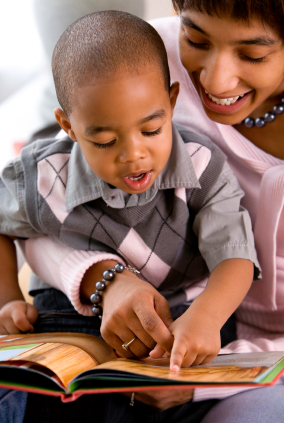We love music around here. Surprised? We didn’t think so. During the holiday season, you can often find us listening to favorite songs we first heard as children. (Muppets Christmas, anyone?)
Just listening to certain songs revives memories of twinkling lights, candlelight, laughter, the smell of yummy goodness baking in the oven, and the comfort of family. Each year we look forward to creating more musical memories with our friends and families. It’s no wonder that Oscar Wilde penned: “Memory is the diary we all carry about with us.”
Our childhood memories and experiences help shape who we become as adults. This holiday season why not give the gift of experiences to your child. Every child on your shopping list will love the gift of time and an individualized gift of doing something you love WITH someone you love!

7 Reasons to Give the Gift Experiences to Children
- The memories will last a lifetime—long after a child loses interest in the latest toy or gadget.
- An “experience” gift can be custom-tailored to a child. Does your little one love new books? Take a trip to the library and read 20 books in one afternoon or all the picture books by the same author. Does your child sing throughout the day? Host a family karoke night and spend the evening singing and dancing together. Is your little guy or girl fascinated with the great outdoors? Camp out in the living room!
- You don’t need to find a spot for one more toy. (You know what we are talking about!)
- Your child learns the value of spending time together.
- No batteries or assembly required (i.e. no late nights spent putting together toys or lamenting proper sticker placement on tiny plastic cars.) Woo-hoo!
- It’s fun for you, too.
- Investing time with our kids pays off by creating heart-to-heart connections with them. As your children grow, they will begin to shift focus to peer-to-peer relationships but by teaching them the value of spending time as a family, children will RETURN the gift to you during the teen and adult years….and pass the gift on to their own children.
Of course, we would LOVE for you to give the gift of music. It’s what we do after all. However, here are 18 other ideas for “experience” gifts.

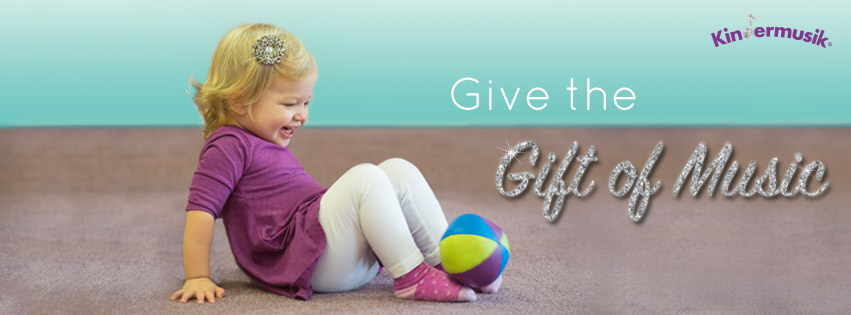
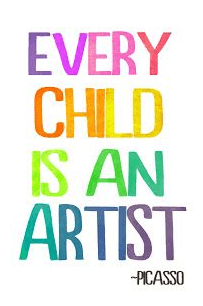

 young children from Kindermusik@Home, using their hands as shapes, tools, and mementos.
young children from Kindermusik@Home, using their hands as shapes, tools, and mementos.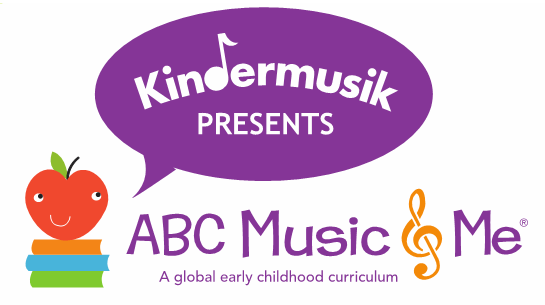
![KindermusikPresents_ABCMusicAndMe_AGlobalEarlyChildhoodCurriculum[1]](https://media2.kindermusik.com/website/sites/2/2014/05/KindermusikPresents_ABCMusicAndMe_AGlobalEarlyChildhoodCurriculum1.png)

 From “Home Sweet Home
From “Home Sweet Home
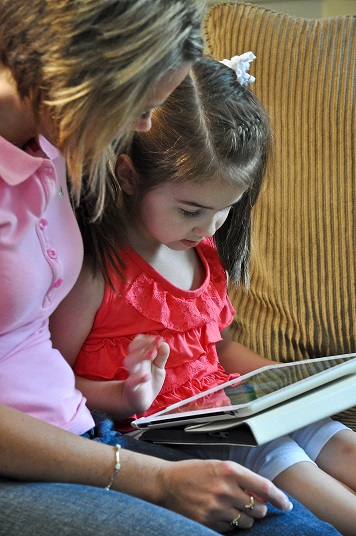
 When it comes to all things technological, today’s kids seem to be genetically predisposed to easily understanding and assimilating anything tech related. They usually know which buttons to push before their parents do, even if it’s the first time they’ve had the remote control or device in their hands!
When it comes to all things technological, today’s kids seem to be genetically predisposed to easily understanding and assimilating anything tech related. They usually know which buttons to push before their parents do, even if it’s the first time they’ve had the remote control or device in their hands! Learn more about Kindermusik and the delightful Home Materials that are part of every enrollment! Start with a
Learn more about Kindermusik and the delightful Home Materials that are part of every enrollment! Start with a 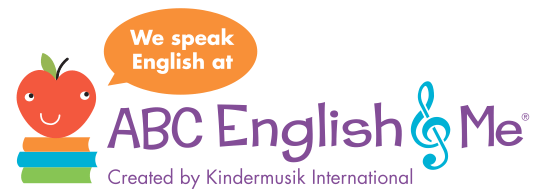



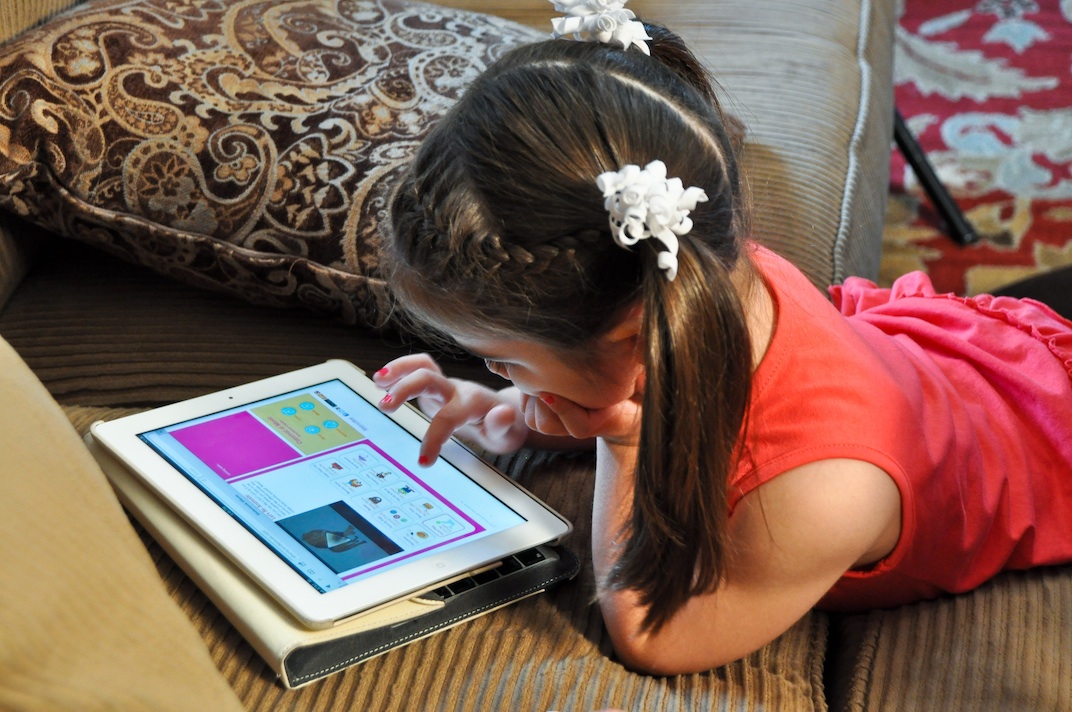





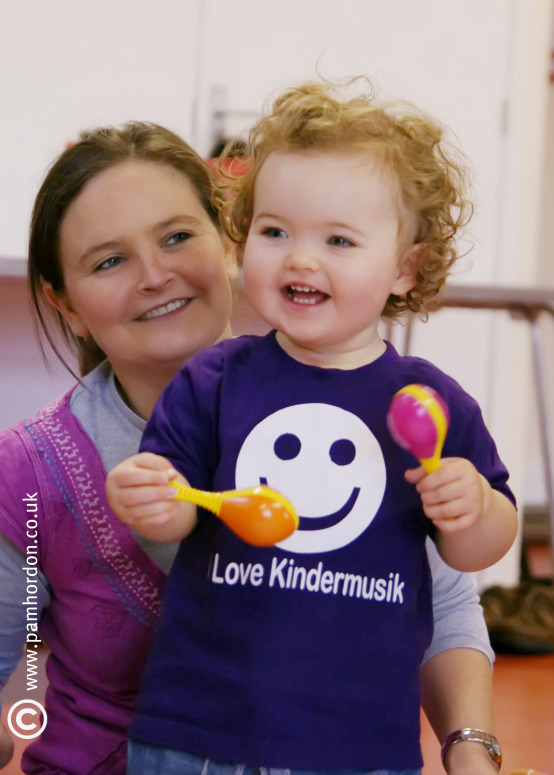

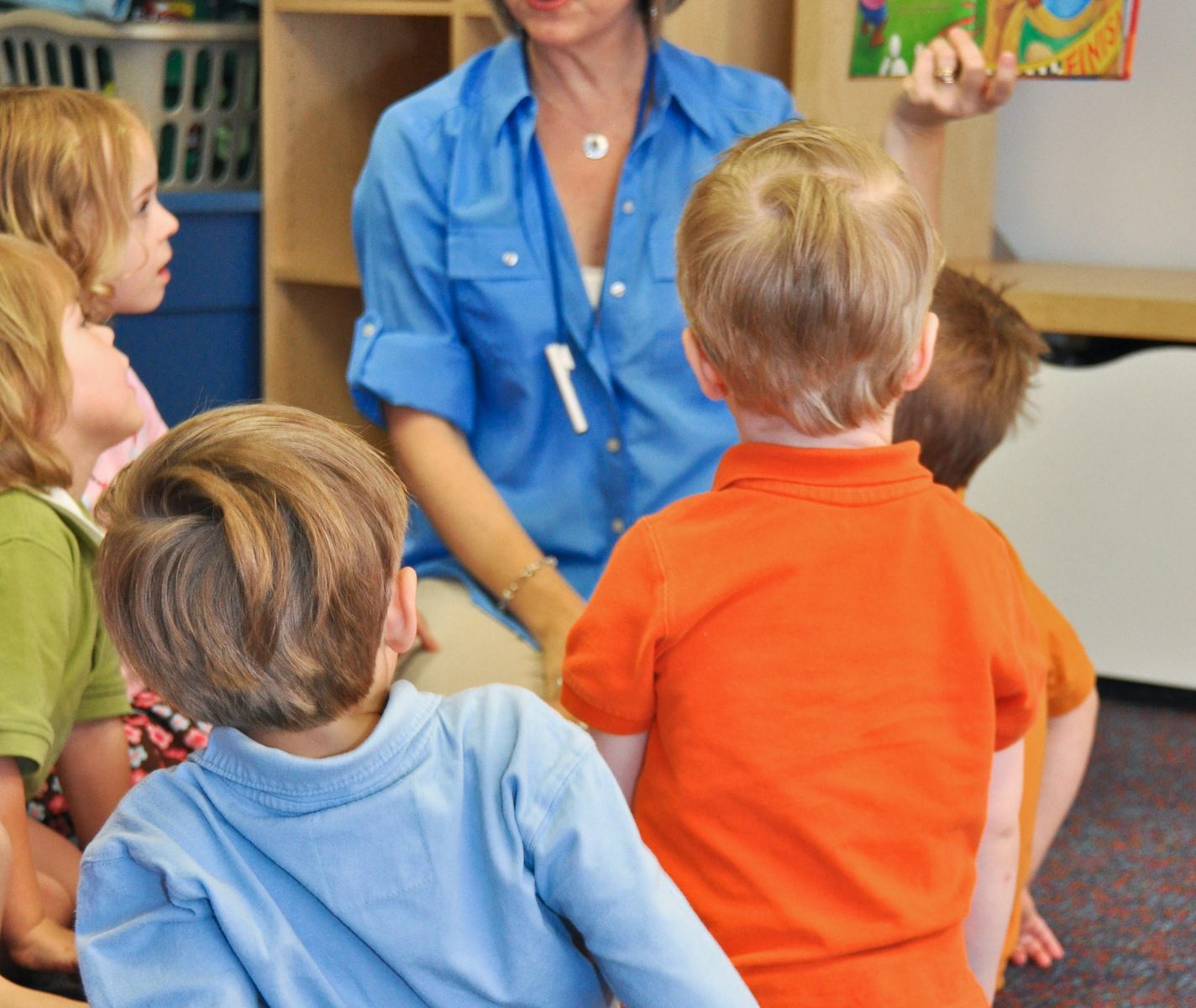
 Yes. You read the title correctly. Early childhood teachers give kids the gift of gab. Research proves it! A team of researchers at UNC’s Frank Porter Graham Child Development Institute recently published a compilation of studies that shows how early childhood educators positively impact the language development and communication abilities of infants and toddlers.
Yes. You read the title correctly. Early childhood teachers give kids the gift of gab. Research proves it! A team of researchers at UNC’s Frank Porter Graham Child Development Institute recently published a compilation of studies that shows how early childhood educators positively impact the language development and communication abilities of infants and toddlers.
